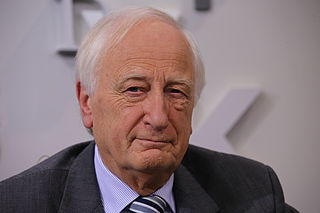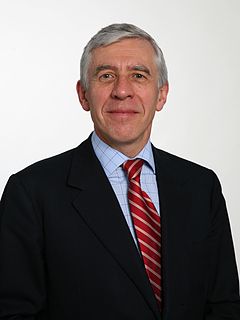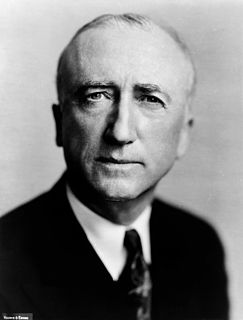A Quote by Ashraf Ghani
None these organizations [terrorists] could continue operating without the narcotics networks, human-trafficking and oil smuggling. Addressing it requires a truly creative global response similar to that used to stand up against Germany's aggression in World War II.
Related Quotes
The E.U. is the latest of a series of multinational organizations set up after World War II to ensure that there would never again be a pan-European war and to create the conditions for a new European prosperity after the destruction wrought by the war against the Nazis. The E.U. has admirably succeeded at both.
[After World War II:] By now we are used to the rubble, which they clear up religiously and indefatigably. What a determination to get on top again! One could admire it, if one would not be afraid that somewhere lurks another Hitler. But you can't seem to find a single Nazi in Germany! Nobody was one! It was all a dream!
Germany is not the only country that one could call post-heroic. But there is an additional aspect for Germany when it comes to this generally Western stance - one which Vladimir Putin would call decadent. For almost four-and-a-half decades after World War II, we didn't have full sovereignty. During this period, we existed in a niche of global politics. This experience of limited sovereignty continues to have an effect. Many Germans still have sympathy for the idea that Germany can exist as something like a large Switzerland in the middle of Europe.
It's important to remember that World War II was experienced very much as a continuity in that sense. Most of World War II in most of Europe wasn't a war; it was an occupation. The war was at the beginning and the end, except in Germany and the Soviet Union, and even there really only at the end. So the rest of time it's an occupation, which in some ways was experienced as an extension of the interwar period. World War II was simply an extreme form, in a whole new key, of the disruption of normal life that began in 1914.
America felt victorious and generous after World War II. They had also learned from the mistakes after World War I when they imposed punishment on Germany. What became of Germany? A Nazi dictatorship which threatened the world. Today's Germany doesn't feel as prosperous and generous as America then. But actually, Germany still is very prosperous.
One culture I find fascinating to juxtapose against American culture is the culture of Germany. They've gone through a long process through their art, poetry, public discourse, their politics, of owning the fact of their complicity in what happened in World War II. It's still a topic of everyday conversation in Germany.
We have to recognize that the reason that the global order that we've enjoyed and almost take for granted over the last several years exists is that after World War II, the United States and its allies tried to build an antidote to what they had seen between World War I and World War II. There, they'd seen protectionism, beggar-thy-neighbor trading policies, so they said, we'll build an open international economy. And they did that.


































